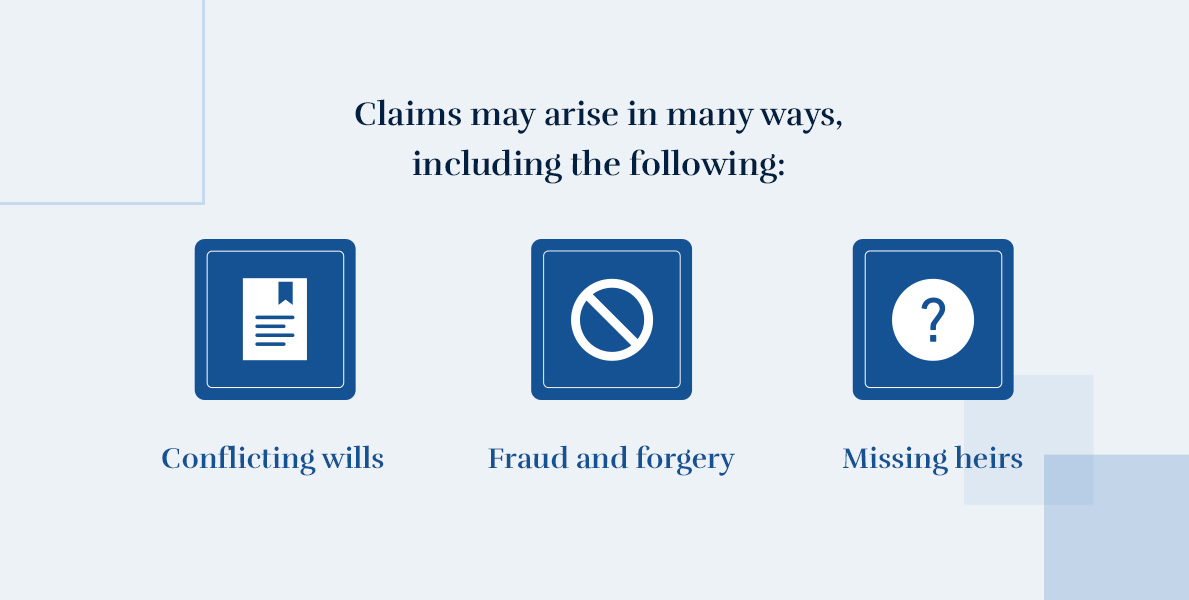
Pennsylvania title insurance is an obscure type of insurance that most of us purchase at least once during our lifetime. Oddly, the purchase of title insurance is often unintended, and its purpose is usually misunderstood.
In most cases, title insurance is purchased when you buy your home. It is also purchased when you obtain most mortgage refinancing loans. Regardless of the reasons for getting the coverage, it’s essential to understand what title insurance is and how it protects you and your interests.
Unlike other insurance coverage, which is typically aimed at risk assumption, title insurance seeks to prevent the risk altogether. The title examiners review the property’s history and try to eliminate title issues before you complete the purchase.
Title insurance can protect you and your lender against losses arising from title defects, liens or other related matters. For example, suppose a person makes an adverse claim against the title to your property and files a lawsuit. In that case, title insurance should cover the costs of litigation, including attorney’s fees, from the beginning of the lawsuit through its resolution. Competing claims can arise in different ways, like conflicting wills, back taxes and liens.
Title insurance is different from homeowners and mortgage insurance. Homeowners insurance, also known as hazard insurance, protects you against fire or other physical damage to your home. Homeowners insurance also protects you against claims of negligence asserted against you by an individual injured while on your property.
Mortgage insurance protects the mortgage lender against the possibility that your home will not have adequate value, as collateral, in the event that a mortgage foreclosure should ever occur.
There are two types of title insurance in Pennsylvania:
Here are three reasons you need title insurance on your property:
Title insurance helps establish that you have a good title to your home. Problems which interfere with a good title are numerous, including when:
These examples of title problems are real concerns and can be easily overlooked, making it essential to purchase title insurance.

Typically, title examiners review the property’s history and try to resolve any title defects they encounter. However, it can be challenging to catch every defect. When claims arise, title insurance can protect your interests and cover expenses.
Claims may arise in many ways, including the following:
Besides protecting the homeowner, title insurance covers the collateral lien your mortgage lender has placed upon your home. In fact, most mortgage lenders require title insurance for every home loan they issue. For this reason, the homeowner usually has no input in deciding whether to purchase title insurance.
Title insurance is usually required to purchase all types of real estate, including commercial properties and land purchases. It is not simply limited to home purchases.
There amount you pay for title insurance in Pennsylvania is not fixed — it depends on factors like the cost of title search, title examination, settlement services and escrow.
The Pennsylvania Department of Insurance regulates title insurance rates, which are essentially the same wherever you conduct your closing. However, the premium you pay is graduated. Therefore, if you purchase a lower-value property, you will pay a lower premium than someone buying a higher-value property.
The premium for your title insurance policy is paid on one occasion only. It is usually noted and charged on the settlement statement, which lists all of the settlement costs and expenses. This is the settlement statement which is reviewed with you at the time of your purchase or refinance closing.
While the title insurance premium is a one-time premium, it insures you until you ultimately sell your home many years later.
The title insurance coverage depends on the agreement between the homeowner and insurance provider but usually excludes the following:
Investigating potential late liens is also advisable, especially when buying newly built properties. If a mechanic lien has not been filed when you purchased the property, you may not be covered against any mechanic liens filed against your property later.
Title insurance is a unique insurance coverage that protects owners of real estate and lenders against adverse claims related to title to the property. It differs from homeowners and mortgage insurance and requires the insured to pay a one-time premium. Yet, the coverage protects you until you sell your home or refinance your mortgage. If you do ever refinance your mortgage, you should inquire if you will need to repurchase title insurance to ensure that you remain protected.
Buzgon Davis Law Offices is a full-service law firm based in Pennsylvania, providing practical and tailored solutions to clients. Our real estate attorneys are ready to help you know your rights and develop strategies to protect your interests. If you have any concerns about or challenges with the title to your property, whether residential or commercial, contact us now!